Baiae: A Roman settlement at the bottom of the sea
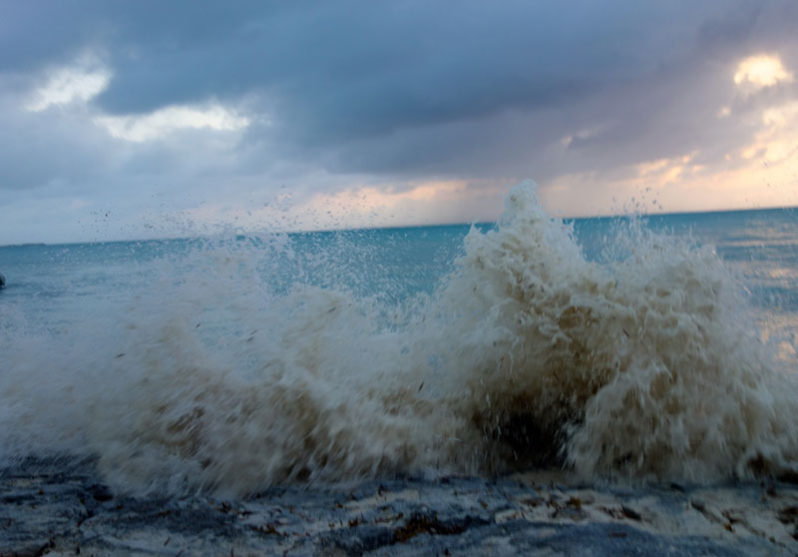
The Romans had few ways of knowing when an eruption or earthquake was coming. They were all but helpless when it came to protecting their town against the encroaching sea. But that’s no longer true. Today, a team of archaeologists and engineers are developing some surprising new technologies to protect the underwater site for future generations.
The World’s Cruise Ships Can’t Sail. Now, What to Do With Them?

Super-sized cruise ship, Venice, Italy. Photograph: © SAF – Coastal Care “Environmentalists have long railed against what they brand “sea monsters,” virtually floating cities, each pumping massive amounts of greenhouse gases — sailing perilously close to the sea coast to thrill passengers aboard”… Excerpts; Idling through the pandemic isn’t just bad for the cruise company’s […]
Surfrider’s 2019 Beach Cleanup Report
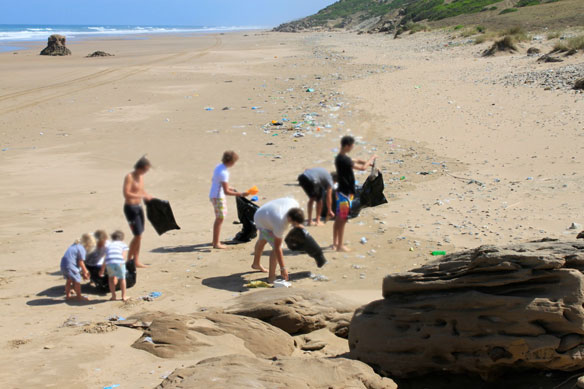
Surfrider released the 2019 Beach Cleanup Report today, confirming that plastic is the most common material found on the beaches and the percentage of microplastics continues to increase. Nine out of the top ten items collected on the beaches were plastic, and 25% of all items collected were plastic fragments smaller than a dime.
Rising Seas Threaten an American Institution: The 30-Year Mortgage
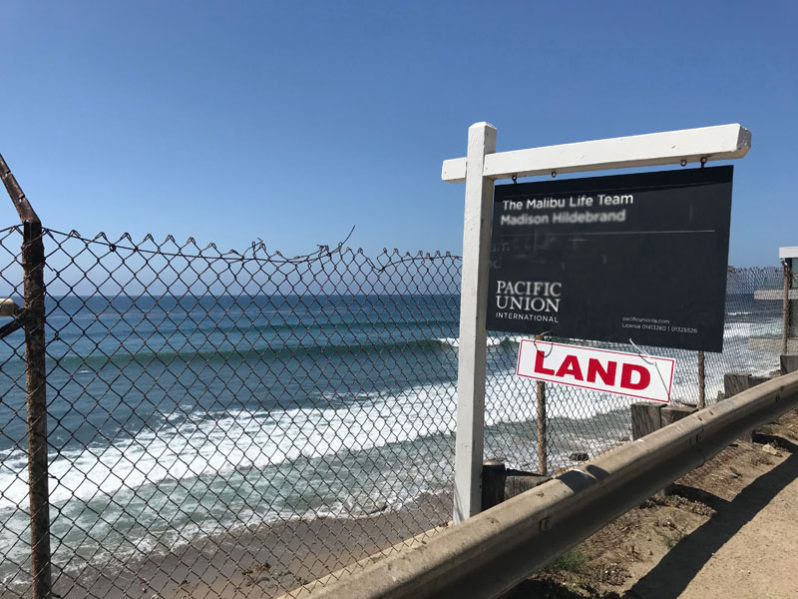
Up and down the coastline, rising seas and climate change are transforming a fixture of American homeownership that dates back generations: the classic 30-year mortgage.
Deforestation in Brazil Continues to Surge, Up 10.7 Percent in June

Deforestation in Brazil’s Amazon rainforest rose 10.7 percent last month compared to June 2019, the 14th consecutive month of worsening tree loss, according to new data from the country’s national space research agency, INPE. In the first half of 2020, deforestation was up 25 percent.
How to design continents for maximum tides

The shape and size of continents control the size of ocean tides on Earth-like planets, according to a new study that simulated the effects of random continental configurations on the energy of tides.
First direct evidence of ocean mixing across the Gulf Stream

New research provides the first direct evidence for the Gulf Stream blender effect, identifying a new mechanism of mixing water across the swift-moving current. The results have important implications for weather, climate and fisheries because ocean mixing plays a critical role in these processes.
Rising water temperatures could endanger the mating of many fish species
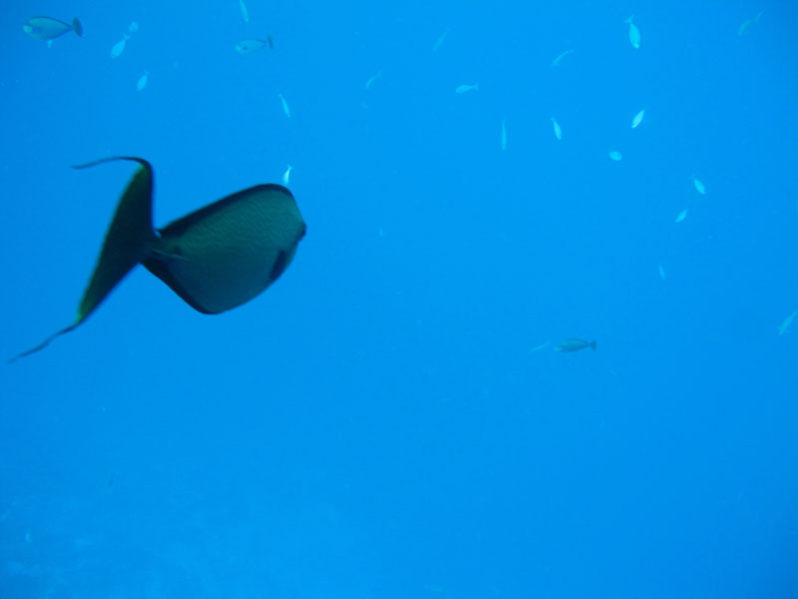
In a new meta-study, experts have published ground-breaking findings on the effects of climate change for fish stock around the globe.
Jellyfish the size of dinner plates are welcoming visitors to Northeast beaches
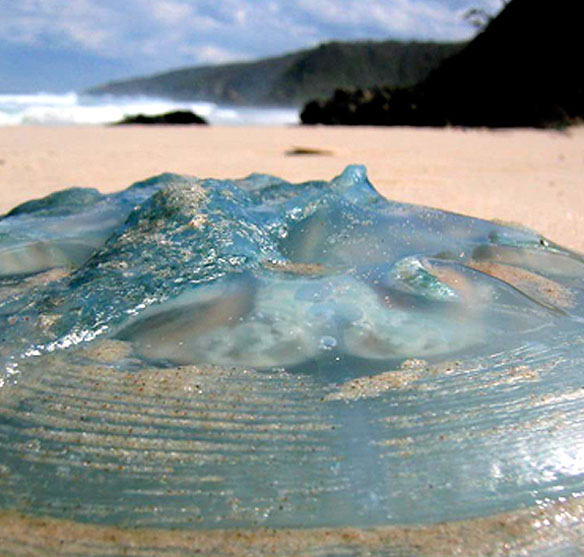
Some beaches in the northeastern United States are dealing with more than the threat of COVID-19 this holiday weekend. They have to contend with an unwelcome visitor: the Lion’s Mane jellyfish.
